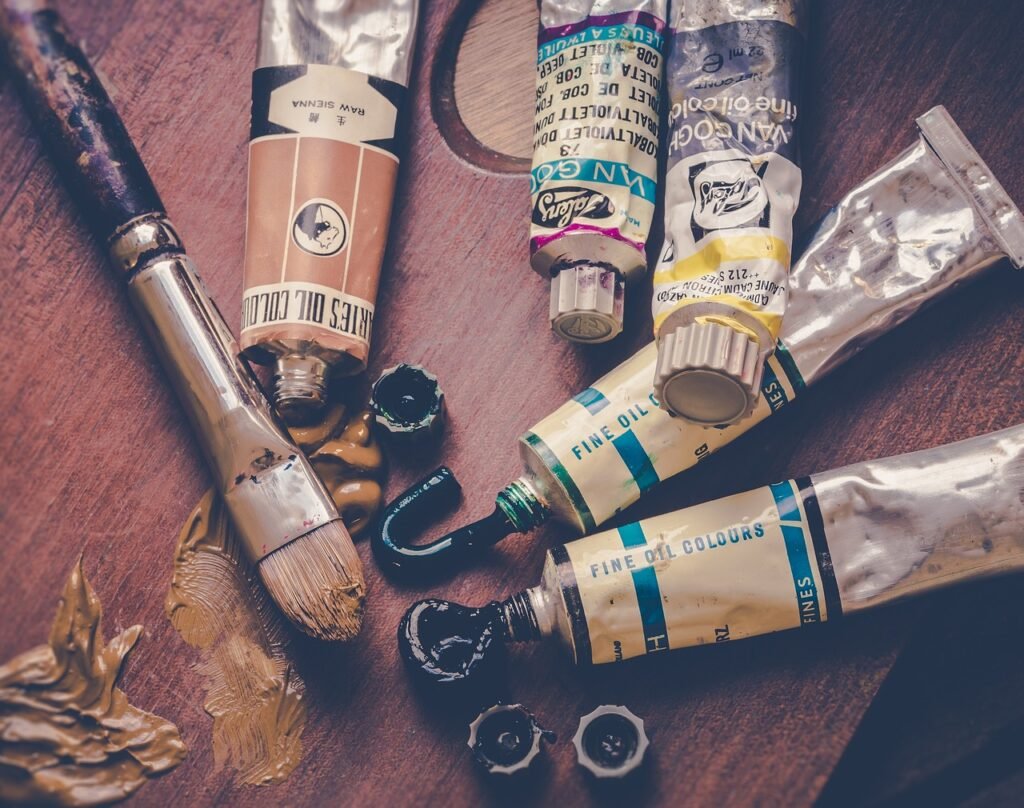
Introduction to Creative Hobbies
Creative hobbies encompass a wide range of activities that involve the use of imagination and original ideas. These activities can vary from painting and writing to knitting and photography. The primary objective of creative hobbies is not just to produce something tangible but to engage the mind and stimulate creative thinking. For instance, painting allows individuals to express emotions through colors and shapes, while writing enables them to articulate thoughts and stories in a structured form. Knitting provides a tactile and rhythmic experience, and photography captures moments and perspectives unique to the individual’s eye.
Incorporating creativity into daily life is essential for personal growth and well-being. It serves as an outlet for self-expression and allows individuals to explore their inner thoughts and feelings. Engaging in creative activities can also be a means to relieve stress, improve mental health, and enhance overall life satisfaction. By dedicating time to creative hobbies, people can break away from the routine and monotony of daily life, finding joy and fulfillment in the process.
Furthermore, creative hobbies can foster a sense of accomplishment and boost self-esteem. Completing a piece of art, finishing a written piece, or crafting a handmade item provides a tangible sense of achievement. These activities can also enhance problem-solving skills and encourage innovative thinking, which can be beneficial in various aspects of life, including work and personal relationships.
As we delve deeper into the benefits of creative hobbies, it becomes evident that these activities are not just pastimes but vital components of a balanced and fulfilling life. They offer opportunities for continuous learning and growth, making them invaluable pursuits for anyone looking to enrich their daily experience.
Boosting Mental Health and Well-being
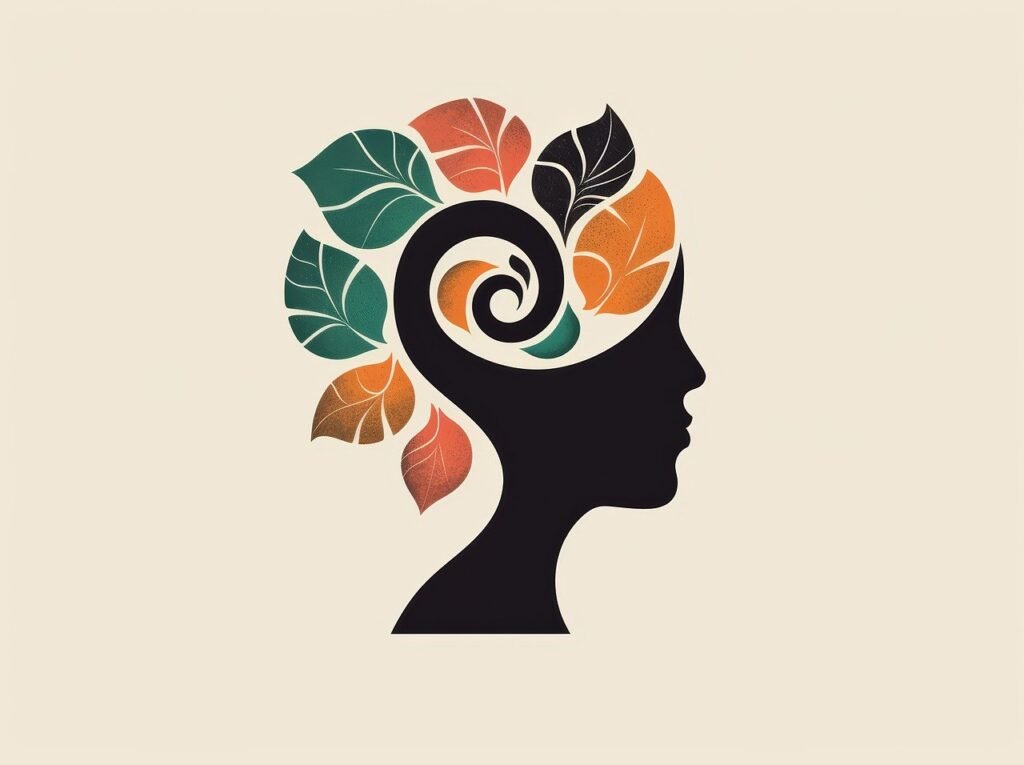
Engaging in creative hobbies offers significant mental health benefits, serving as a therapeutic outlet for expression and emotional release. The mental health benefits of hobbies are well-documented, with numerous studies highlighting how activities like painting, writing, or playing music can reduce stress, anxiety, and depression. Creative therapy, in particular, has been shown to have a profound impact on individuals by providing a non-verbal means to process complex emotions and experiences.
A study published in the Journal of Positive Psychology found that individuals who engaged in creative activities reported increased positive emotions and a sense of personal growth. These activities help to divert the mind from stressors, allowing individuals to experience a state of ‘flow’ where they are fully immersed and engaged in the task at hand. This state not only reduces stress but also fosters a sense of accomplishment and well-being.
Furthermore, creative hobbies can serve as a form of mindfulness, akin to meditation. Activities such as drawing, knitting, or playing a musical instrument require focus and attention, which can help quiet the mind and reduce the symptoms of anxiety. The repetitive and rhythmic nature of certain creative tasks can be particularly soothing, providing a mental escape and a break from the routine pressures of daily life.
In addition to personal anecdotal evidence, clinical research has also supported the efficacy of creative therapy. According to a report by the American Art Therapy Association, art therapy has been effective in treating various mental health conditions, including PTSD, depression, and anxiety. The creative process allows individuals to express feelings that may be difficult to articulate through words, offering a unique and powerful means of psychological relief.
Incorporating a creative hobby into one’s routine can thus be a valuable strategy for enhancing mental health and well-being. Whether it’s through painting, writing, or any other form of creative expression, the act of creating can provide a much-needed therapeutic outlet, contributing to a more balanced and fulfilling life.
Enhancing Cognitive Skills
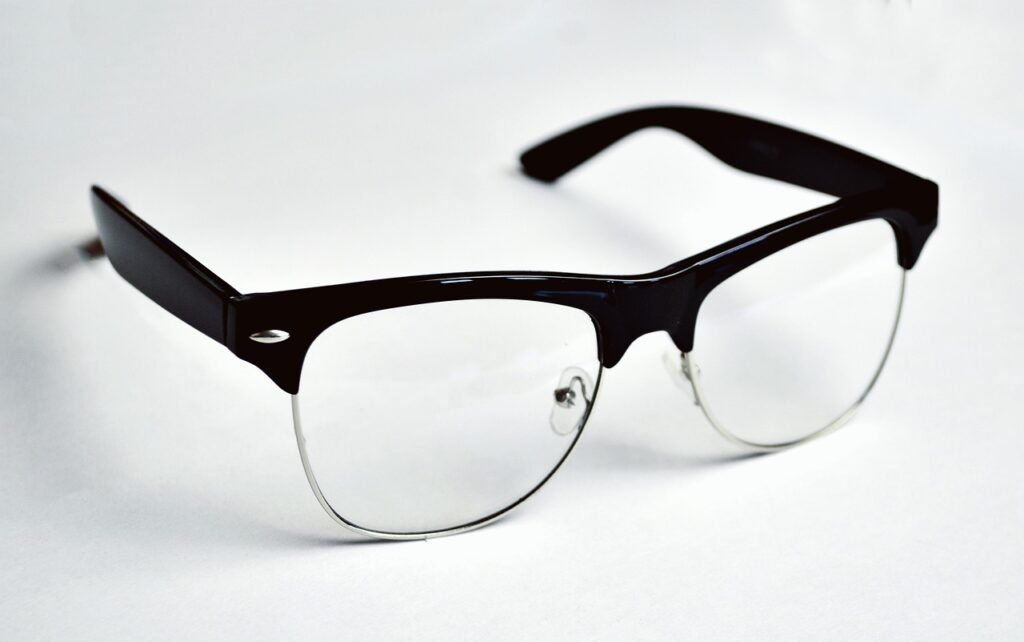
Engaging in creative activities offers numerous cognitive benefits, significantly contributing to brain health. Creative hobbies such as painting, writing, or playing a musical instrument stimulate various cognitive functions including problem-solving, critical thinking, and memory. These activities require the brain to form new neural connections, which in turn enhances overall cognitive performance.
For example, solving puzzles such as crosswords or Sudoku can be particularly effective in maintaining cognitive sharpness. These activities challenge the brain to recognize patterns, think critically, and employ strategic thinking, thereby fostering improved problem-solving abilities. Similarly, learning a musical instrument involves reading music, coordinating hand movements, and listening carefully, which collectively improve memory and attention to detail.
Moreover, engaging in creative writing can enhance critical thinking skills. Crafting a story or composing an essay requires organizing thoughts, developing coherent arguments, and evaluating diverse perspectives. This practice not only refines language skills but also sharpens analytical thinking. The cognitive benefits of creative hobbies extend to improved emotional regulation and stress management, further promoting overall brain health.
Additionally, activities like painting or drawing demand a high level of concentration and fine motor skills. These hobbies encourage cognitive flexibility as they often require adapting to new techniques and experimenting with different styles. The repetitive nature of brush strokes or sketching also aids in improving memory retention and recall.
In conclusion, the cognitive benefits of creative hobbies are manifold. By engaging in activities that challenge the brain and stimulate creativity, individuals can significantly enhance their cognitive functions, ensuring sustained brain health and improved mental agility.
Fostering Social Connections
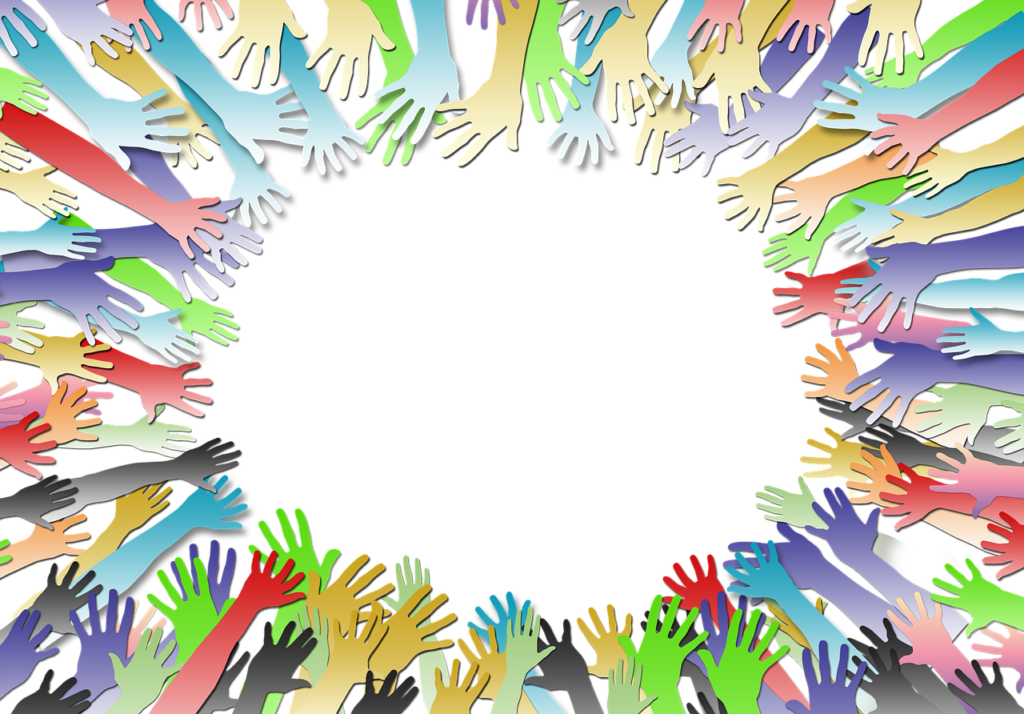
Engaging in a creative hobby often opens doors to new friendships and social networks. These activities provide a unique platform for individuals to connect with others who share similar interests. One of the primary social benefits of hobbies is the opportunity to join clubs or groups dedicated to specific creative pursuits. These clubs often host regular meetings, workshops, and events, creating a consistent touchpoint for members to interact and build relationships.
Additionally, attending classes focused on creative skills, such as painting, pottery, or writing, can cultivate a sense of camaraderie among participants. These classes not only provide a structured environment for learning but also encourage collaborative efforts and peer support. The shared experience of learning and creating together can foster lasting bonds and friendships. The social benefits of hobbies become particularly evident in these settings, where individuals can find encouragement, inspiration, and constructive feedback from their peers.
In the digital age, online communities have become a significant aspect of fostering social connections through creative hobbies. Platforms such as forums, social media groups, and virtual workshops allow individuals to connect with like-minded people from around the globe. These creative communities offer a space for sharing ideas, showcasing work, and seeking advice, thus enhancing the overall experience of the hobby. Participation in online communities can be especially beneficial for those who may not have access to local clubs or classes.
The social aspects of engaging in creative hobbies extend beyond just making new friends; they also contribute to a sense of belonging and community. Being part of a group with shared interests can combat feelings of isolation and improve overall well-being. Therefore, the social benefits of hobbies are not only about expanding one’s social circle but also about enriching one’s life through meaningful connections and shared experiences.
Building Self-Confidence and Personal Growth
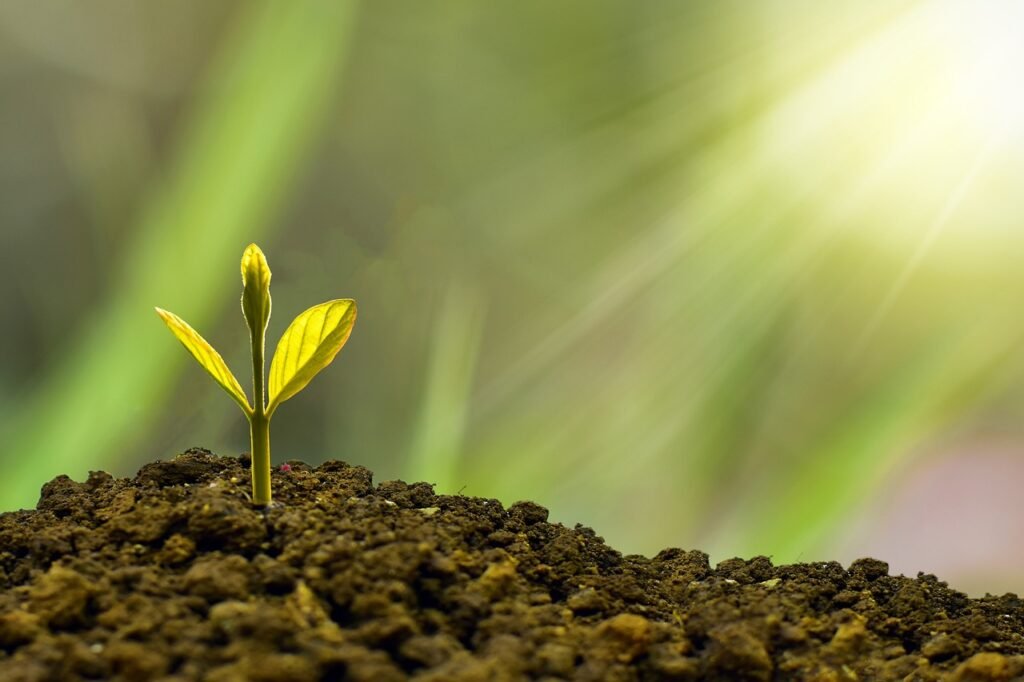
Engaging in a creative hobby can be a powerful catalyst for building self-confidence and personal growth. When individuals immerse themselves in activities such as painting, writing, or crafting, they often experience a significant boost in self-esteem. The process of mastering a new skill or creating something unique provides a sense of accomplishment that is both fulfilling and empowering. This journey towards proficiency instills a belief in one’s capabilities, fostering an environment where self-confidence through hobbies becomes a tangible outcome.
Creative hobbies can serve as a medium for personal enrichment. By dedicating time to hobbies that challenge and inspire, individuals can experience significant self-confidence and personal growth, ultimately leading to a more balanced and fulfilling life.
Economic and Professional Advantages

Engaging in a creative hobby offers numerous economic benefits, often extending well beyond mere personal satisfaction. These hobbies can serve as a fertile ground for developing skills that are highly valued in the professional sphere. For example, activities such as painting, writing, or crafting can enhance problem-solving abilities, improve time management, and foster innovative thinking—skills that are essential in any career path.
Moreover, many individuals have successfully transformed their creative hobbies into lucrative business ventures or side gigs, thus realizing the economic benefits of hobbies. One notable example is the rise of handmade crafts sold on platforms like Etsy. Many artisans have managed to turn their hobbies into full-fledged businesses, generating substantial income by creating unique and personalized items. Similarly, the field of digital content creation has seen hobbyists evolve into professional bloggers, YouTubers, and influencers, monetizing their creative outputs through advertisements, sponsorships, and merchandise sales.
Additionally, the economic benefits of hobbies are not confined to the realm of entrepreneurship. Employers often value employees who engage in creative activities, recognizing that these individuals tend to bring a fresh and innovative perspective to the workplace. A hobby that involves regular practice and improvement, such as playing a musical instrument or engaging in graphic design, can showcase a person’s commitment to continuous learning and self-improvement—traits highly sought after in professional settings.
In summary, the transition from hobby to business is not only feasible but increasingly common in today’s economy. Whether it’s through direct monetization or by enhancing employability, the economic and professional advantages of creative hobbies are substantial. As more people discover the potential to turn their passions into profitable ventures, the line between work and leisure continues to blur, offering a fulfilling and financially rewarding path for many.
Creative Hobby Ideas to Get You Started
Embarking on a new creative hobby can be a fulfilling and enriching experience, providing a welcome diversion from the routine of daily life. There are numerous creative hobby ideas suitable for beginners, each catering to various interests and skill levels. Here are some accessible options to consider:
DIY Crafts: DIY crafts are fantastic beginner hobbies that allow you to express your creativity with minimal investment. Activities such as knitting, crochet, or scrapbooking can be easily started with basic materials. These hobbies not only produce tangible results but also offer a sense of accomplishment as you create personalized items.
Digital Art: For those inclined towards technology, digital art is an excellent choice. With the accessibility of drawing tablets and user-friendly software like Procreate and Photoshop, you can explore digital painting, illustration, or graphic design. This modern medium offers endless possibilities for creative expression and can be pursued from the comfort of your home.
Gardening: Gardening is a therapeutic and rewarding hobby that connects you with nature. Whether you have a spacious backyard or a small balcony, you can start by planting herbs, flowers, or vegetables. Gardening not only enhances your surroundings but also provides the satisfaction of nurturing life and witnessing growth.
Cooking: Cooking is a versatile and practical hobby that allows you to experiment with flavours and techniques. From baking to gourmet cooking, there are numerous ways to explore your culinary creativity. Cooking classes, online tutorials, and recipe books can guide you through the basics and inspire you to create delicious dishes.
These creative hobby ideas offer a starting point for anyone looking to dive into the world of creative expression. By choosing a hobby that aligns with your interests, you can enjoy the process of learning and creating, ultimately enhancing your overall well-being.
Conclusion: Why You Should Start a Creative Hobby Today
The pursuit of a creative hobby offers numerous benefits that can significantly enhance various aspects of your life. One of the most compelling reasons to start a creative hobby is its positive impact on mental health. Engaging in creative activities such as painting, writing, or playing an instrument can serve as a powerful outlet for stress relief, helping to reduce anxiety and promote a sense of well-being.
Moreover, creative hobbies can foster social connections. Participating in group activities like art classes or music ensembles allows you to meet like-minded individuals, expanding your social network and creating opportunities for meaningful interactions. These connections can provide a sense of community and support, enriching your social life and enhancing your overall happiness.
Personal growth is another significant benefit of embracing a creative hobby. Whether you are learning a new skill or honing an existing one, the process of creating something unique can boost your self-esteem and provide a sense of accomplishment. Creative hobbies encourage problem-solving, critical thinking, and innovation, all of which can translate into other areas of your life, including your professional endeavors.
Given these compelling reasons, there is no better time to start a creative hobby than today. Whether you choose to pick up a paintbrush, write a poem, or learn a musical instrument, the key is to take that first step and explore your creative potential. The journey of discovering and nurturing your creativity can lead to profound personal fulfilment and a richer, more vibrant life.
So, why wait? Embrace the opportunity to enhance your mental well-being, build new social connections, and grow personally by starting a creative hobby. Let your creativity flourish and transform your life in ways you never imagined.

